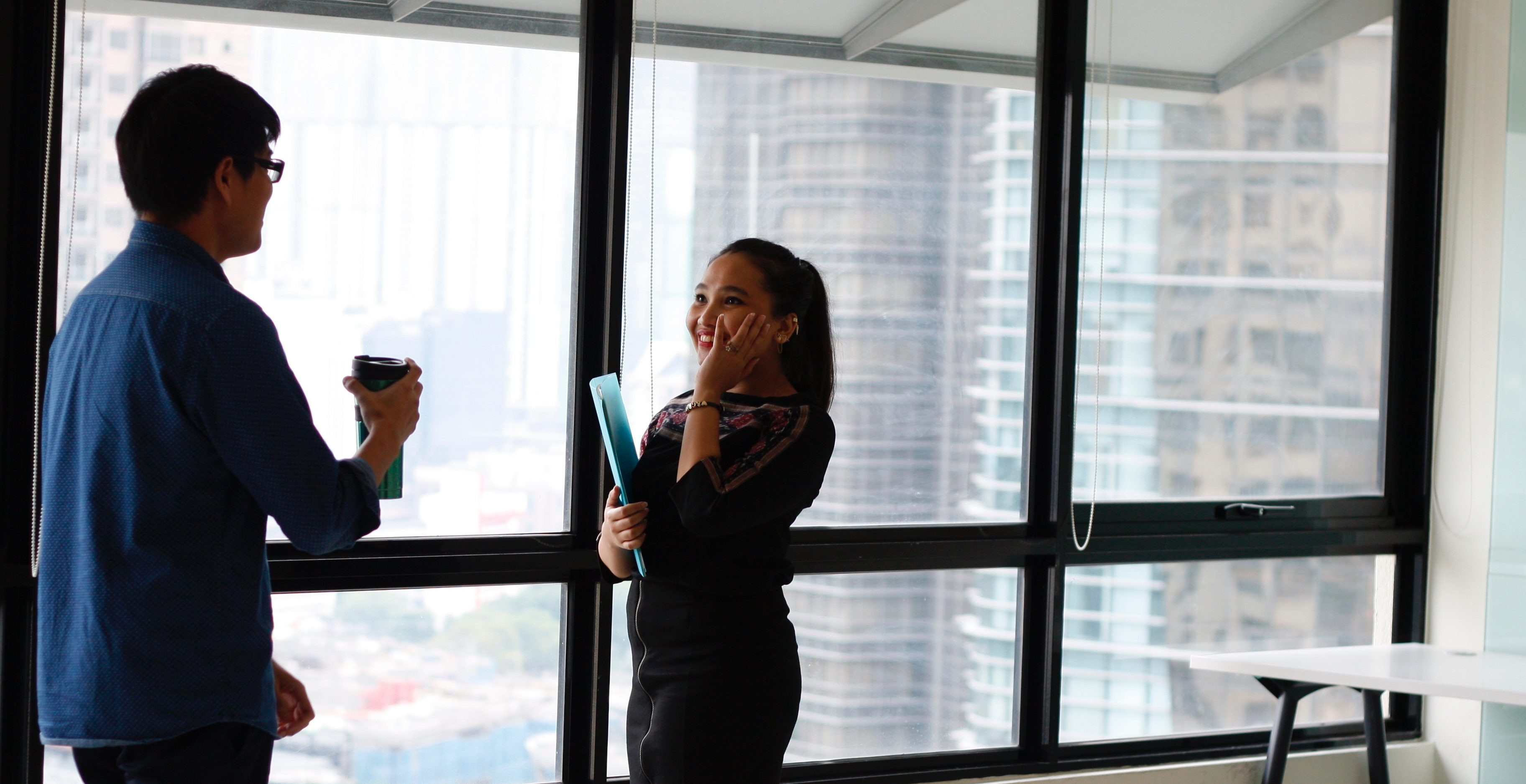Three laboratory experiments sought to answer this question. The experiments involved participants being asked to complete a task with a partner that either held higher status (e.g. graduate from a prestigious school) or a peer. In both cases, the partner offered feedback on task performance to the participant, and some partners disclosed personal information about their weaknesses or strengths. The results showed that, when higher status partners disclosed a personal weakness, their feedback was less influential; there were more disagreements about the task; and they were less liked by the participant. However, this did not happen when peers shared personal weakness. The experimenters suggest that, by disclosing personal weakness, higher status individuals are also expressing vulnerability which tends to be inconsistent with colleagues’ expectations of high status people. This inconsistency translates into confusion, conflict, and ultimately poorer relationships.
The findings reveal the importance of understanding assumptions about colleagues’ needs and expectations, particularly when in a position of power. People in power can benefit from reflecting upon their role in the overall structure to ensure they are successfully building deeper relationships instead of using strategies that work for others but not them. An area of potential future research would be to explore how cultural norms, social identities and personal history might affect what is perceived as a ‘personal weakness’. This would enrich out insights on how to build deeper relationships beyond hierarchical differences.
Gibson, K. , Harari, D. & Marr, J. (2018). When sharing hurts: How and why self-disclosing weakness undermines the task-oriented relationships of higher status disclosers. Organizational Behavior and Human Decision Processes, 144, 25-43.
